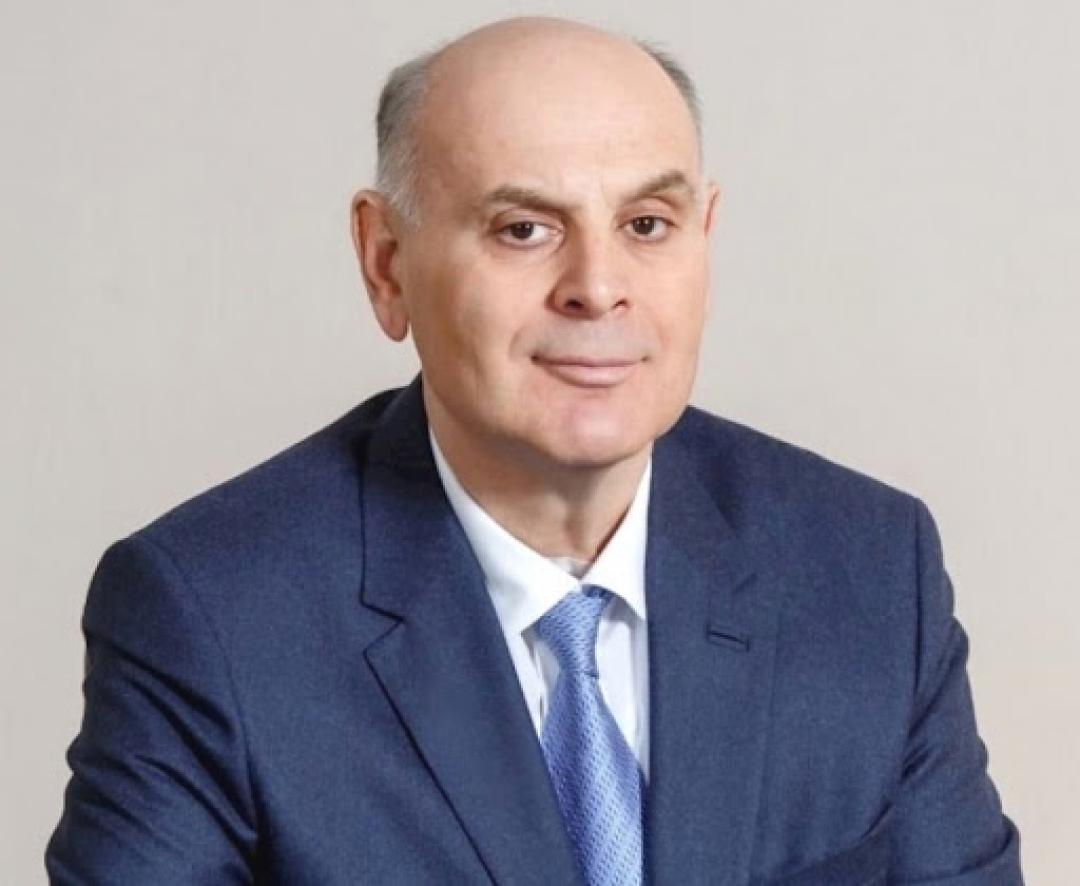
Abkhazia's Separatist Leader Discusses Relations with Tbilisi and Moscow

In an interview with Russian state news agency TASS, Abkhazia's de facto leader Aslan Bzhania discussed his views on improving relations with Georgia amid ongoing geopolitical shifts. He praised the Georgian leadership's pragmatic stance since the start of military activities in Ukraine and its avoidance of provocations proposed by Ukraine, including the suggestion of opening a second front, which he saw as a sign of Georgia's political maturity.
Speaking about relations with Tbilisi, he noted that "in the future, if they [Georgian authorities] show pragmatism, I think this will eliminate unnecessary incidents. We have determined our future. The Georgian leadership must recognize the existing reality. Bzhania added that "we want to have good neighborly relations" with Georgia.
Bzhania touched on several topics during the interview, including recent challenges in Abkhazia such as fuel and electricity shortages, its relationship with Russia, the possibility of integration into a union state with Russia and Belarus, NATO's presence in the Black Sea, and the development of tourism in the region.
Regarding security along the occupation line with Georgia, Bzhania mentioned minor incidents but asserted that security is robustly maintained by Abkhaz and Russian forces. He expressed hope for future pragmatic relations with Tbilisi, stressing the need for Georgia to recognize current realities and his desire for friendly neighborly relations.
On the economic front, Bzhania acknowledged Abkhazia's electricity problems and mentioned discussions with Russia for assistance, emphasizing the need for self-sufficiency and investment in the energy sector. He also discussed ongoing negotiations with Russia on a fuel supply agreement, but did not confirm any exclusive rights granted to Rosneft for duty-free exports of petroleum products to Abkhazia.
Addressing NATO's activities in the Black Sea, Bzhania criticized them as an escalation of tensions, echoing the Kremlin narrative that such actions complicate Ukraine's situation and use it as a pawn for political objectives against Russia.
Regarding the potential union with Russia and Belarus, Bzhania expressed a desire for integration while maintaining independence, anticipating that the process could take up to a decade, similar to the timeline for Abkhazia's recognition by Russia.
Regarding tourism, Bzhania emphasized its importance, along with agriculture, for Abkhazia's economic development. He pointed to the advantages of geographical location and the potential in transport and IT technologies as key areas for growth, mentioning efforts to improve transport links with Russia as part of the region's tourism infrastructure development.
See Also


Mirzoyan Meets US Deputy Assistant Secretary Joshua Huck

Azerbaijani President Holds Talks with UAE and German Business Delegations on Economic Cooperation

Grigoryan Confirms Armenia’s Readiness to Dissolve OSCE Minsk Group Upon Peace Treaty Signing

Azerbaijani Official Warns of Ecological Risks to Caspian Sea, Similar to Lake Urmia and Aral Sea

